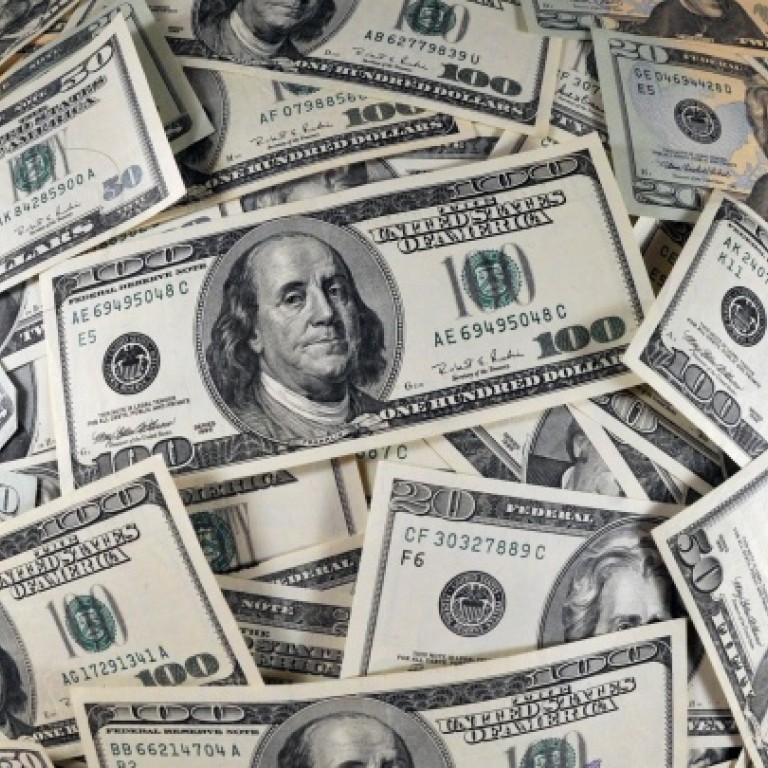
Beijing cracks down on hot money inflows for bets on yuan appreciation
In a circular to commercial banks the State Administration of Foreign Exchange (SAFE) introduced for the first time a minimum net open position in US dollars, restricting banks' capacity to lend in the greenback.
The mainland's currency regulator has stepped in to restrain corporate borrowing in US dollars and crack down on hot money inflows under the guise of trade as the yuan's appreciation gains momentum.
In a circular to commercial banks the State Administration of Foreign Exchange (SAFE) introduced for the first time a minimum net open position in US dollars, restricting banks' capacity to lend in the greenback.
After a 1 per cent rise by the yuan against the dollar so far this year, many companies have borrowed in US dollars, converted them into yuan and bought into yuan-denominated assets, waiting for the Chinese currency to strengthen further.
The tightening measures also include stricter scrutiny of importers and exporters who channel in money disguised as trade bills. This comes after surprisingly high export figures in the first two months of this year generated suspicion about false trade invoicing.
HSBC economists said in a research note yesterday that the measures "suggest a level of tolerance [by the regulator] over the nature of renminbi appreciation has been breached, following a strong run for the yuan".
The measures suggest a level of tolerance [by the regulator] over the nature of renminbi appreciation has been breached, following a strong run for the yuan
Most of the yuan's gain occurred last month as funds poured in to bet on robust economic growth on the mainland. Interest was further generated after the central bank said Beijing would widen the yuan's daily trading band this year.
The yuan fell 0.34 per cent from Friday's close to 6.1768 per dollar at its lowest point yesterday before it recovered to 6.1667.
The HSBC economists expect the yuan to hit 6.14 by the end of this year, and "further regulatory changes to slow hot money inflows could not being ruled out".
China's capital and financial account surplus ballooned from US$20 billion in the last quarter of 2012 to US$102 billion in the first quarter of this year, highlighting heavy capital inflows.
In the first two months of this year the mainland's exports surged 23.6 per cent year on year, much faster than the 11.7 per cent economists expected.
Many exporters inflated bills to help channel in foreign exchange to await the yuan's appreciation, mainland media claimed.
Guo Jianwei, deputy director of one of the two central bank departments focused on monetary policy, said last week that the People's Bank of China planned to allow individuals to settle trade in yuan this year, the reported yesterday.

